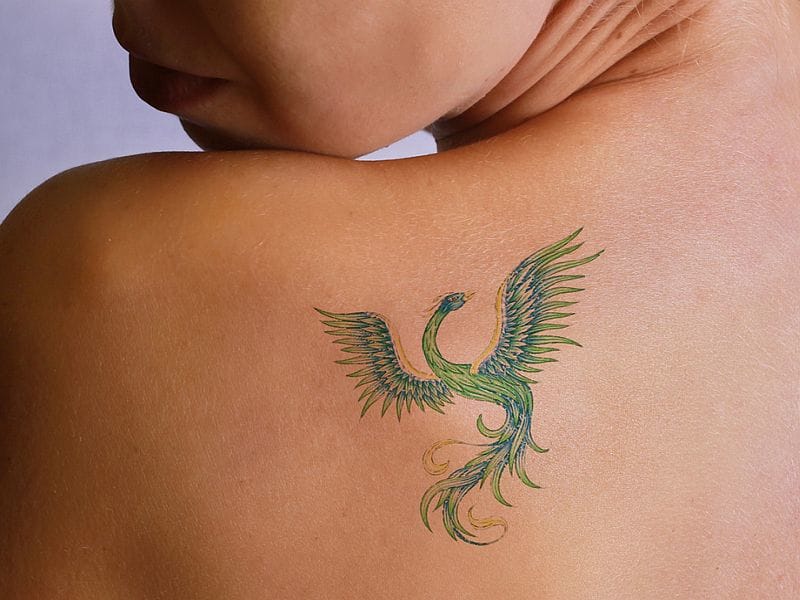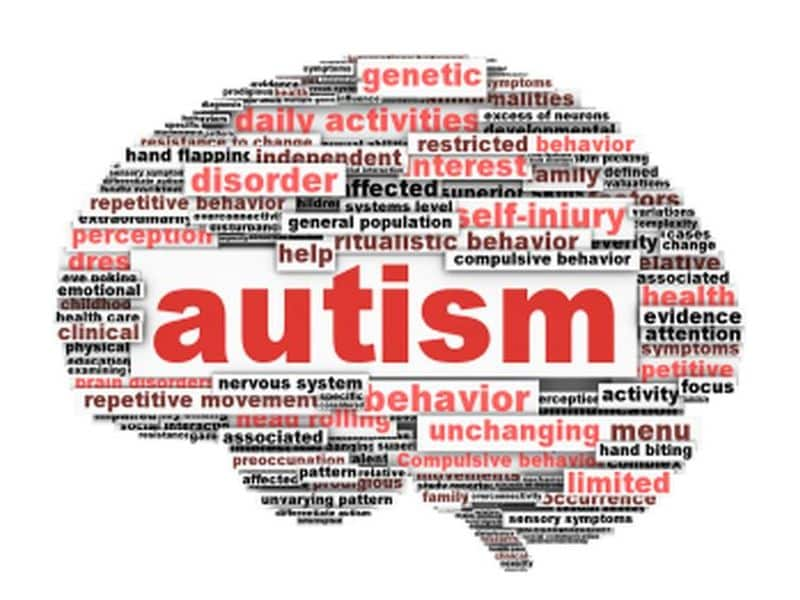
Adopting healthy patterns during the teen years may lead to a better quality of life as an adult, the American Academy of Family Physicians says. The academy suggests teaching your teen about: Physical Health – Exercise often, eat a healthy diet, maintain a healthy weight, get enough sleep, keep up to date on vaccines, maintain… read on >





























